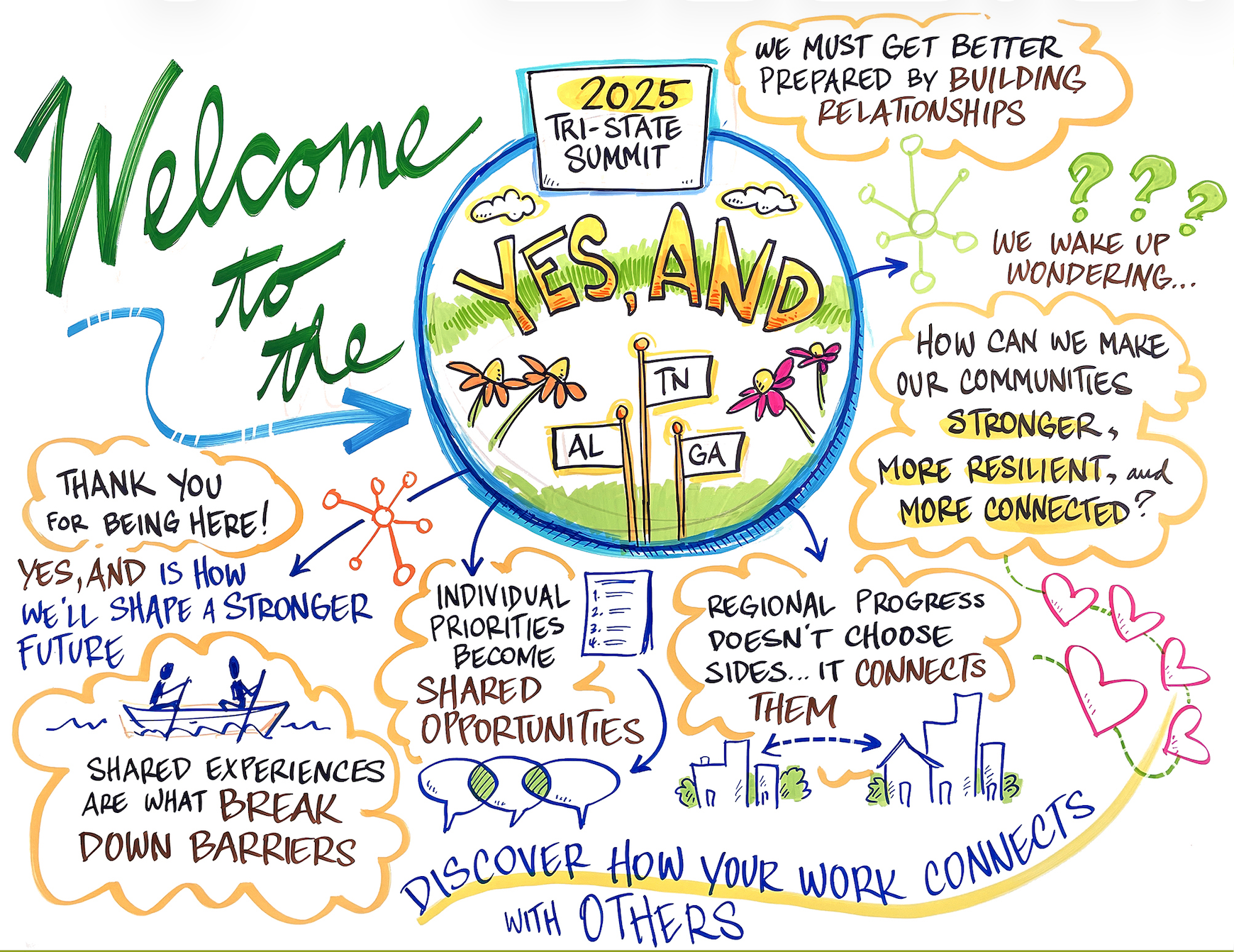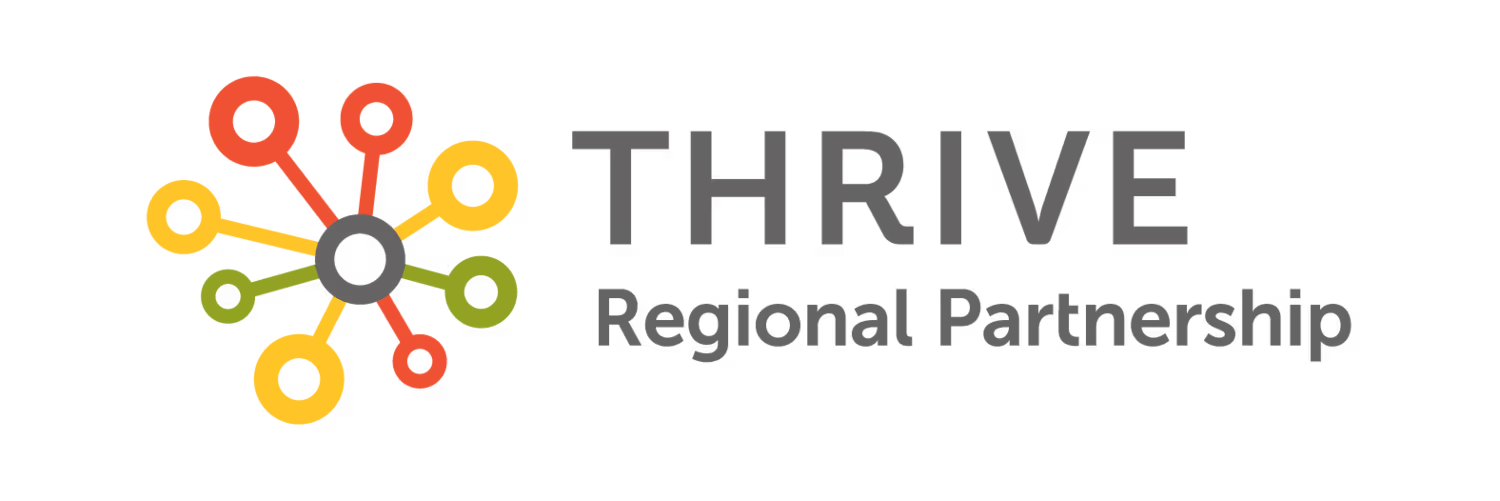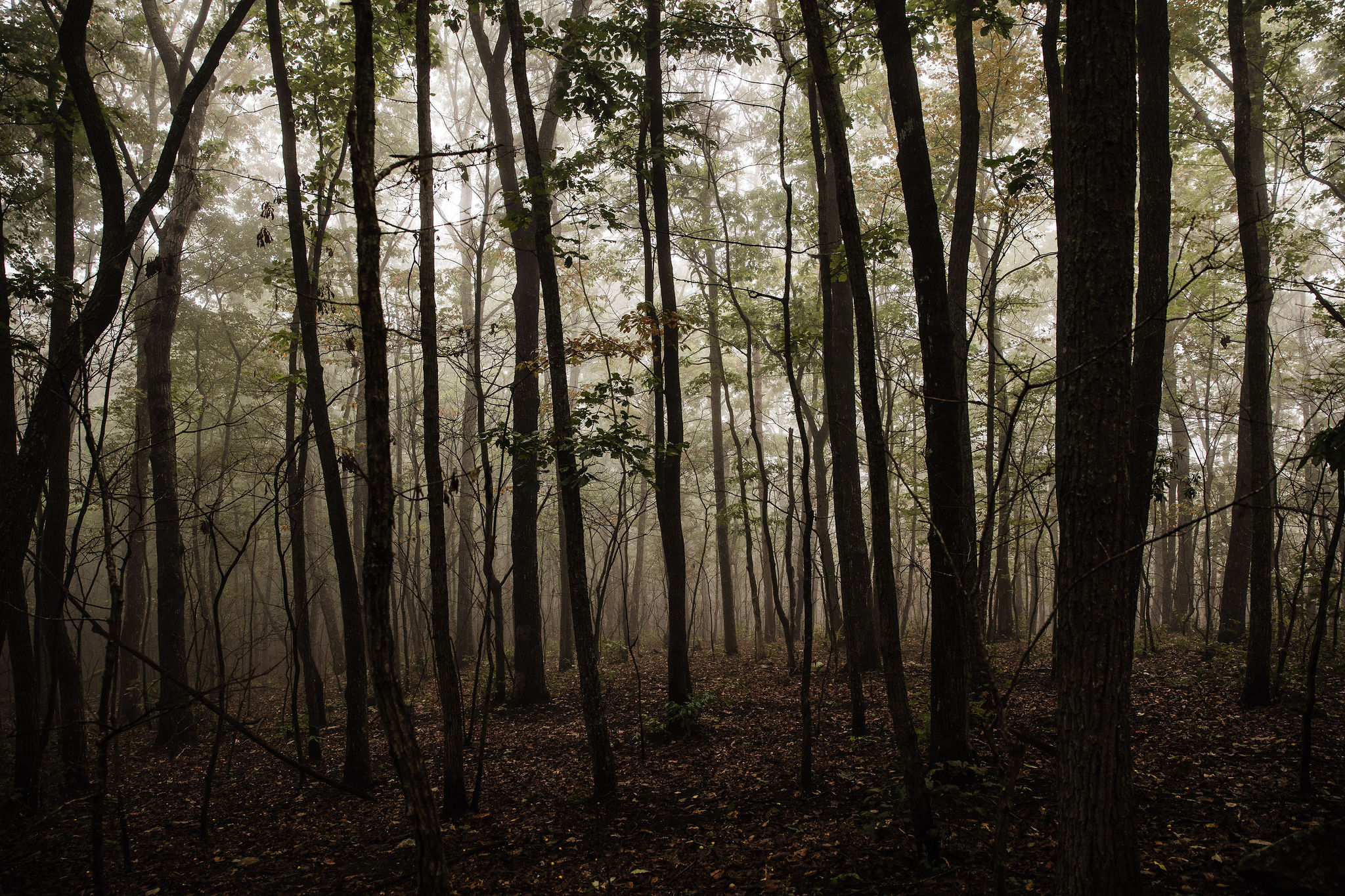News
Close to Home, Part 2: A Q&A About Digital Inclusion in Polk County, Tennessee
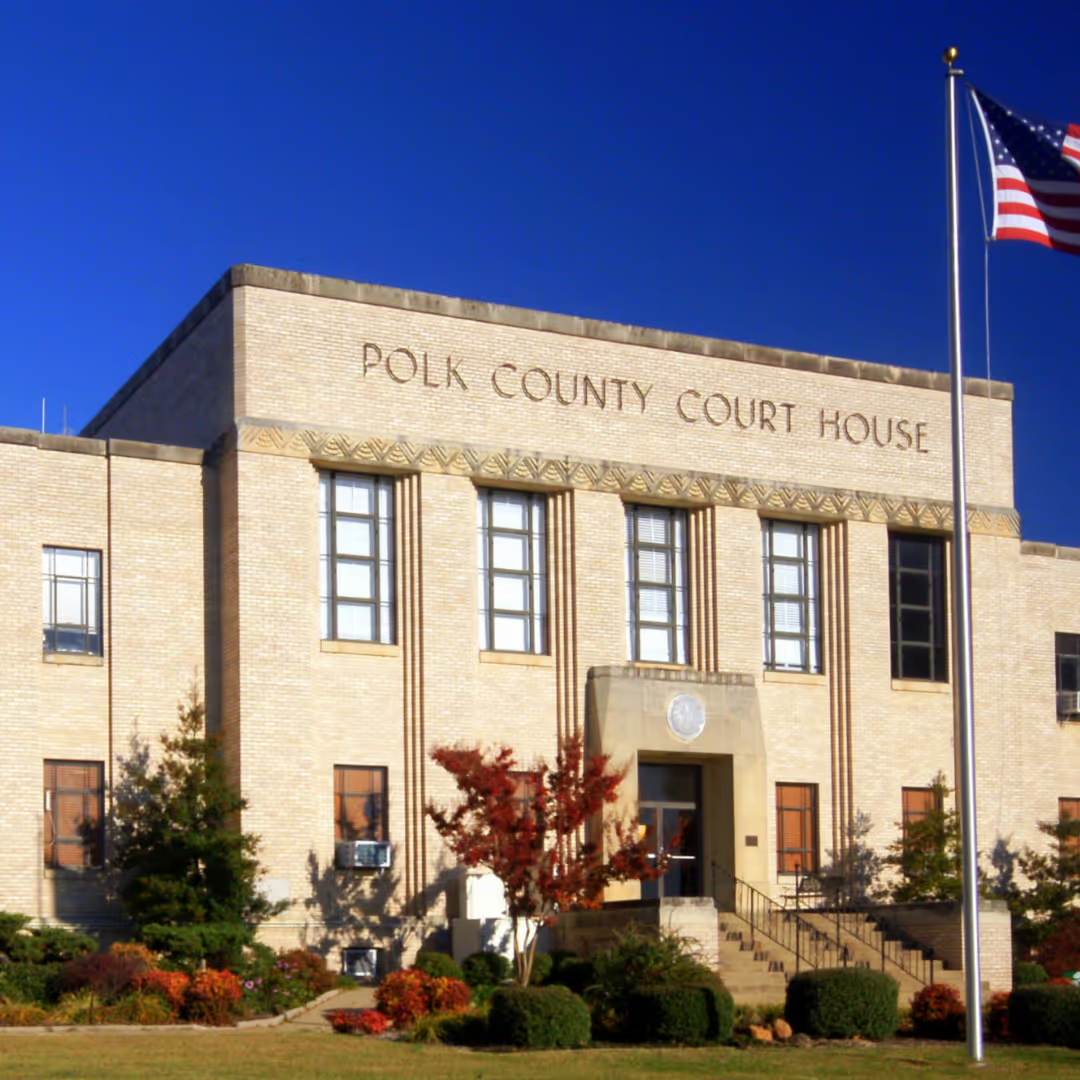
Continuing the momentum of the National Digital Inclusion Alliance’s Digital Inclusion Week in early October, we are sharing a series of Q&A sessions with community leaders about the state of digital inclusion in their communities.
For this interview, we sat down with Lynne McClary of the Polk County Chamber of Commerce to learn more about the lack of broadband availability in Polk County, Tennessee, and the steps that need to be taken in order to achieve digital equality in the area.
Q: How could your work benefit from being in a community where there was no digital divide?
A: This would be HUGE in our community, which is geographically divided by the Cherokee National Forest. Due to the lay of the land here, there are numerous areas that are totally with no broadband access whatsoever. Given the remote working and learning for both adults and students related to the COVID pandemic, this issue has been magnified in Polk County.
Q: What are the next steps that need to be taken to address the digital divide in your community?
A: The community needs more widespread broadband access, and until that occurs, access to free or public broadband needs to be more readily available. Libraries have hot spots that can be checked out and areas in the county offer free access, but that information is not well known and needs to be promoted to the public better.
Q: What is your community’s greatest digital need?
A: Availability of broadband, hands down, is needed in our community.
Q: What would having total digital equality mean for your community? What opportunities would this present to its residents and industries? How could this impact its economy?
A: Lack of widespread available broadband access hurts our local residents in terms of work and school, but it is a huge detriment in our community’s ability to attract new business. No business is going to want to expand to an area without readily available and dependable broadband.
Q: The pandemic has really highlighted the extreme digital inequality issues we have in our communities. What are some of the most pressing digital issues that need to be addressed coming out of this pandemic?
A: Obviously, availability for our public education system is a necessity. With students dealing with virtual learning, it’s important to have WiFi access not only in the school institution but in the homes. The pandemic highlighted how important this resource is in a community. I also feel like some of the methodology used in determining the portion of a county without adequate access is somewhat flawed, especially in rural areas. If X people in a radius have access, then it’s determined that the area is covered, but the geography of our county makes that unreliable given the mountains and extremely remote areas.
Q: What does a community without a digital divide look like in your eyes?
A: Heaven, quite honestly! It would give, particularly, our students the chance to be on a more level footing with other students statewide. It would also give our Industrial/Economic Board a better opportunity to attract potential new business investments to the county. No digital divide would really level the playing field for our county in a number of areas.
You can also find additional information about Digital Inclusion Week on the NDIA’s website.
Check out Close to Home, Part One with Jennifer McCurdy here. Stay tuned for Part Three with Joe Legge, Walker County, GA, Public Relations Director.
We invite you to join us as we work to address the digital divide in counties and communities across the greater Chattanooga region, like Polk County.
More Like This
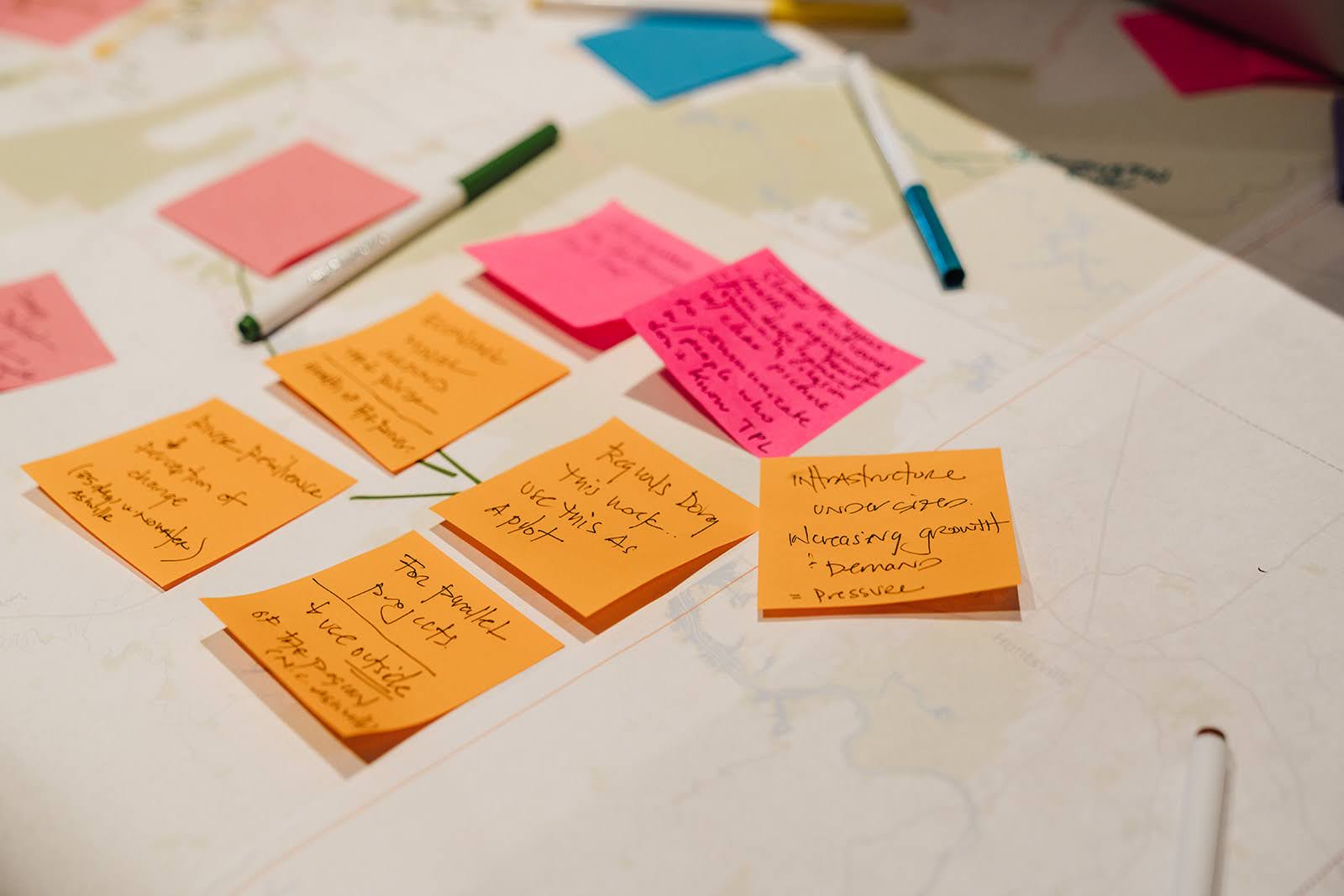
Thrive Announces New Resource Hub for Community Development
